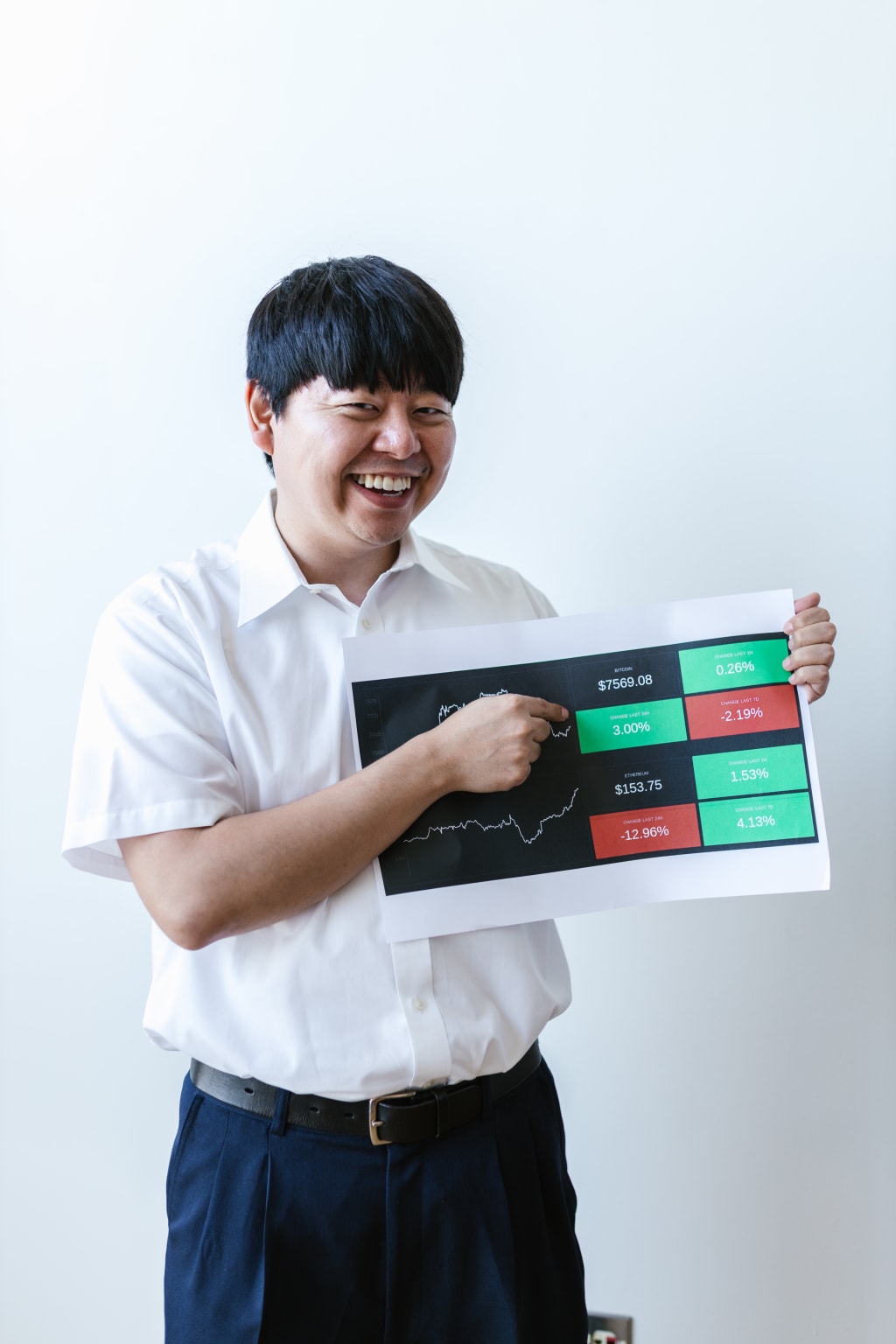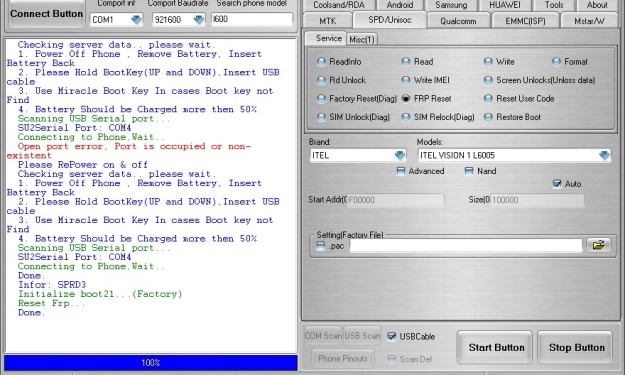
Forex trading, also known as foreign exchange trading, is the act of buying and selling currencies to make a profit from the fluctuations in their exchange rates. With an average daily turnover of over $5 trillion, the forex market is the largest financial market in the world, making it a popular choice for traders looking to profit from market movements.
Forex trading involves buying and selling currencies to make a profit. Currencies are traded in pairs, with the value of one currency relative to the other. For example, the EUR/USD pair represents the value of the euro to the US dollar. When you buy a currency pair, you are essentially buying the first currency and selling the second currency.
The forex market operates 24 hours a day, 5 days a week, and is accessible to traders around the world. The market is decentralized, meaning that it is not traded on a single exchange but rather through a network of banks, brokers, and other financial institutions.
How Does Forex Trading Work?
Forex trading involves speculating on the movements of currency exchange rates. Traders can take advantage of both rising and falling markets by buying or selling a currency pair.
The price of a currency pair is influenced by several factors, including economic data, geopolitical events, and market sentiment. Traders use a range of tools and techniques to analyze these factors and make informed trading decisions.
Some of the most popular tools used in forex trading include:
Technical analysis: This involves analyzing price charts and using technical indicators to identify trends and potential trading opportunities.
Fundamental analysis: This involves analyzing economic data and news events to predict how they may impact currency exchange rates.
Sentiment analysis: This involves monitoring market sentiment and using indicators such as the Commitment of Traders report to identify potential market movements.
Once a trader has analyzed the market and identified a potential trading opportunity, they can open a position by buying or selling a currency pair. The aim is to close the position at a higher price than it was opened for, to make a profit.
Forex Trading Strategies
There is a range of different forex trading strategies that traders can use to achieve their goals. Some of the most popular strategies include:
Scalping: This involves making multiple trades within a short period to profit from small price movements.
Day trading: This involves opening and closing positions within the same trading day to take advantage of intraday price movements.
Swing trading: This involves holding positions for a longer period, typically several days or weeks, to profit from medium-term price movements.
Position trading: This involves holding positions for an extended period, typically several months or even years, to profit from long-term price movements.
Getting Started with Forex Trading
If you're interested in forex trading, here are some tips to help you get started:
Learn the basics: Before you start trading, it's important to understand the basics of forex trading, including how it works, the terminology used, and the risks involved.
Choose a broker: To trade forex, you will need to use a broker. Look for a reputable broker that offers low spreads, competitive commissions, and a user-friendly trading platform.
Develop a trading plan: Before you start trading, it's important to have a trading plan in place. This should include your trading goals, your risk management strategy, and your trading strategy.
Practice with a demo account: Many brokers offer demo accounts that allow you to practice trading with virtual money.
Learn the basics: It's important to have a solid understanding of the basics of forex trading before you start trading with real money. You should learn about the different currency pairs, how to read price charts and the different tools and strategies that traders use to analyze the market.
There are many resources available online to help you learn about forex trading, including educational articles, videos, and webinars. You can also consider taking a forex trading course to learn from experienced traders.
Choose a broker: To trade forex, you will need to use a broker. When choosing a broker, it's important to look for one that is regulated by a reputable financial authority. This ensures that the broker operates transparently and fairly.
You should also look for a broker that offers low spreads, competitive commissions, and a user-friendly trading platform. Many brokers offer a demo account that allows you to practice trading with virtual money before you start trading with real money.
Develop a trading plan: Before you start trading, it's important to have a trading plan in place. This should include your trading goals, your risk management strategy, and your trading strategy.
Your trading goals should be specific, measurable, achievable, realistic, and time-bound (SMART). Your risk management strategy should include guidelines for how much you are willing to risk on each trade, and how you will manage your risk if the trade goes against you.
Your trading strategy should be based on your analysis of the market and should include guidelines for when to enter and exit trades, as well as how to manage your trades once they are open.
Practice with a demo account: Many brokers offer demo accounts that allow you to practice trading with virtual money. This is a great way to get a feel for the market and test out your trading strategies without risking any real money.
When practicing with a demo account, it's important to treat it as if it were a real trading account. This means using the same risk management strategies and trading strategies that you would use with real money. It's also a good idea to keep track of your trades and analyze your performance to identify areas for improvement.
Conclusion
Forex trading can be a lucrative way to make money from the financial markets, but it's important to approach it with caution and to take the time to learn the basics before you start trading with real money. By choosing a reputable broker, developing a trading plan, and practicing with a demo account, you can increase your chances of success in the forex market.
Click here to check the best Forex Trading and Earning
About the Creator
Enjoyed the story? Support the Creator.
Subscribe for free to receive all their stories in your feed. You could also pledge your support or give them a one-off tip, letting them know you appreciate their work.





Comments
There are no comments for this story
Be the first to respond and start the conversation.